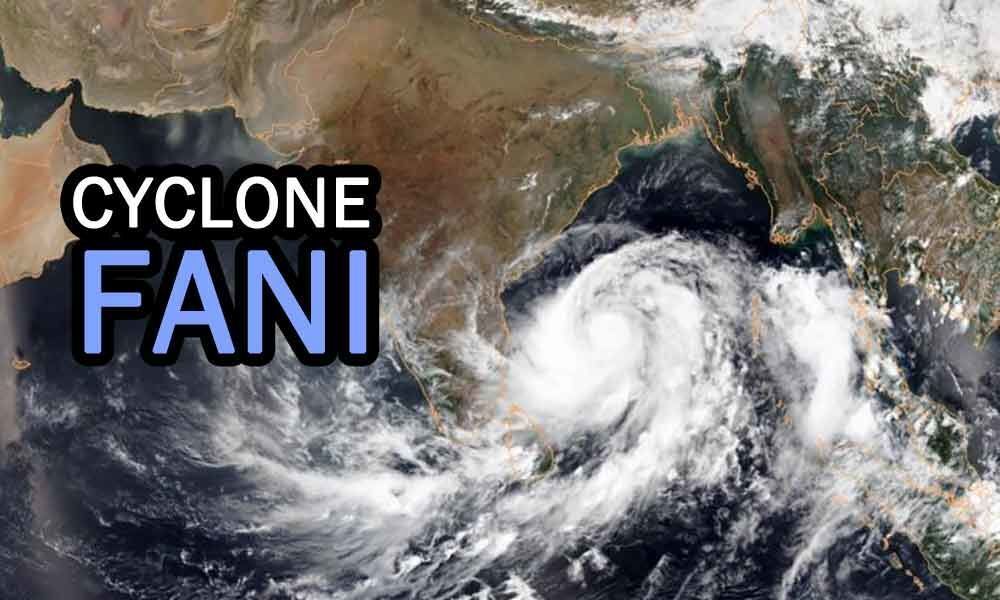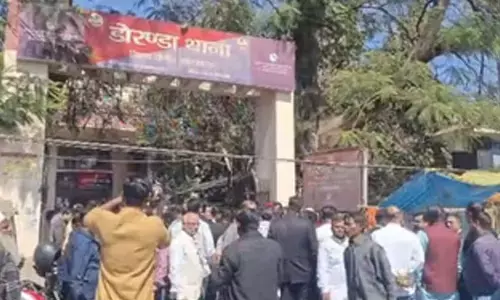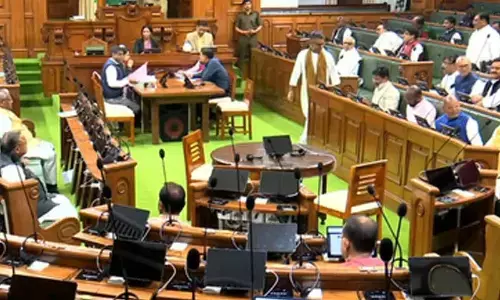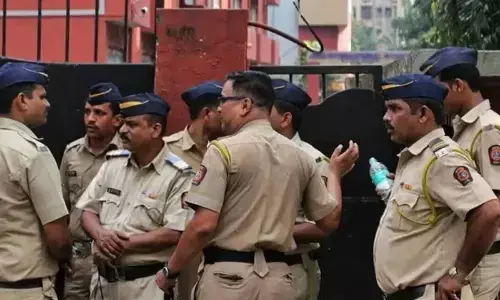Learning lessons from Fani

Fani cyclone has revived the memories of super cyclone that had struck Odisha in 1999 which had left a devastating effect on the state. About 10,000 people were killed.
Fani cyclone has revived the memories of super cyclone that had struck Odisha in 1999 which had left a devastating effect on the state. About 10,000 people were killed.
Compared to that deadly site, this time fortunately the human casuality was minimal. Thanks to the lessons learnt by the state government and the timely and accurate predictions by weather department.
This had helped the Odisha government in taking up elaborate disaster mitigation drills and make all out arrangements for disaster management. Great focus was laid on evacuation of people to safer places.
The government certainly needs a pat on the back for taking up the gigantic task of saving lives as a result of which the death toll as of now could be restricted to 16.
But the destruction in terms of damage to property, destruction of tree cover, damage to electricity poles, telephone lines etc was akin to 1999.
In fact when the weathermen predicted that the wind speed would be around 200 kms, people did not believe but when they experienced the fury they were left dumbstruck and the old timers have started reviving their memories of 1999.
The government has clearly demonstrated that the cyclone preparedness in Odisha had undergone drastic change. But then what is important now is to analyse the reasons for such natural calamities. Let us keep aside the scientific explanation as to why and how a cyclone forms.
That part of geography we can deal later. But the most important factor that needs to be taken up seriously by all the state governments and the centre in particular is to stop indulging in baseless and useless rancour whether it is during elections or in Parliament and legislatures and realise that they need to be practical and work oriented.
If we look at the proceedings of the Parliament or Legislature, the governments do not show interest in serious debate on issues like global warming and what needs to be done. If by chance any such debate is taken up the law makers would quietly leave the house.
The law makers should learn to convert every crisis into an opportunity. They should discuss such issues with experts, take their views on how to reduce such natural disasters, discuss and debate and come up with necessary laws.
But then who has time for such issues. The entire focus of these law makers is how to win elections and how to recover the money they spent and meet the expenses in the next elections.
The Fani cyclone, experts say is formed due to the warming of Bay of Bengal basin. If no corrective measures are taken than the only option is to be prepared for more such super cyclones which would be leaving behind a trail of destruction.
It is said that because of global warming, sea surface temperature remains higher in the Bay of Bengal leading to generation and intensification of cyclonic systems. The southern coasts of Odisha has been experiencing cyclonic storms more frequently since Phailin cyclone of 2013.
It is also said that the timing, trajectory and strength are two factors that make cyclone Fani different from other tropical cyclones.
It developed near the equator and this resulted in the cyclone gathering massive strength and moisture as it travelled a long distance over the sea for almost ten days.
Generally, tropical cyclones over the Bay of Bengal have a lifespan of four-seven days. One of the reasons why tropical cyclones are more prone to the Bay of Bengal is that its surface temperature is more than that of the Arabian Sea.
Tropical cyclones generally need a temperature of around 28 degrees Celsius.
Let us hope that at least now the law makers of this country will open their eyes, pay some attention towards global warming and take necessary steps to control the situation.








